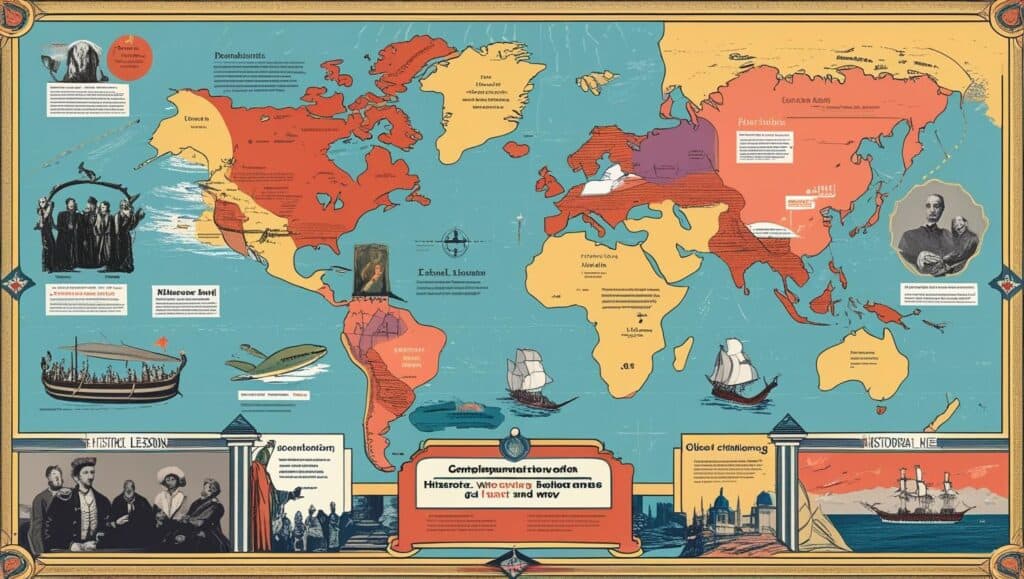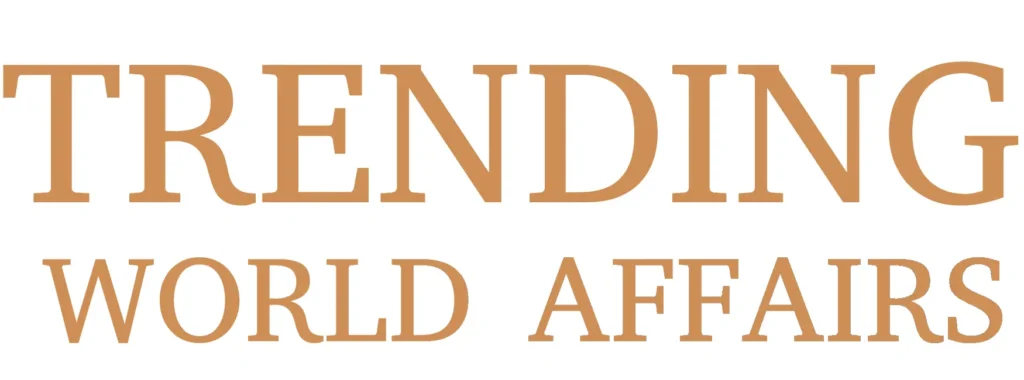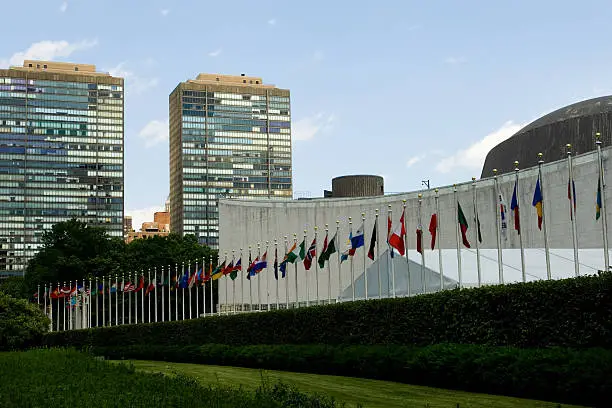Introduction
What can history tell us about the problems facing the globe today, in an era of uncertainty brought on by public health crises, economic instability, political upheaval, and climate change? One thing is clear: there are vital lessons from history that can guide us. History offers a prism through which we can view societal resilience, policy results, and human behavior. When we reflect on the past, we discover solutions that help us move forward with greater wisdom and clarity.

1. Gaining Knowledge from Previous Pandemics
A pandemic is nothing new. The 1918 Spanish Flu, SARS, and Ebola outbreaks all imparted important knowledge about communication, medical research, and international readiness. The repercussions of disregarding these historical lessons were brought to light by COVID-19. Our public health systems can be strengthened now by examining previous responses.
2. Historical Insights on Economics
The global financial crisis of 2008 and the Great Depression served as wake-up calls. Long-term harm was brought on by inadequate financial policies, income inequality, and poor regulation. Today’s market volatility, job insecurity, and inflation serve as a reminder to review past economic choices and develop more prudent fiscal policies.
3. Conflict, War, and Peacemaking
History shows that nationalism, power rivalries, and resource competition are the fundamental causes of conflict, as evidenced by World Wars and the Cold War. It also demonstrates how important treaty talks, international alliances, and diplomacy are to maintaining peace. Given the current geopolitical tensions and wars, these lessons are extremely important.
4. Historical Environmental Warnings
Our current climatic problem is similar to the fall of civilizations like the Maya and Mesopotamians as a result of resource mismanagement, deforestation, and drought. We also learned about the perils of unsustainable farming during the Dust Bowl of the 1930s. We cannot afford to ignore the warnings of past environmental errors.
5. Movements for Social Justice Then and Now
Modern rights and freedoms were shaped by movements like the Civil Rights Movement, anti-apartheid campaigns, and women’s suffrage. These historical battles are closely related to current social justice concerns, such as freedom of speech, gender equality, and racial inequity. Knowing their
Conclusion: The Importance of History in the Present
History is a tool for resolving issues in the present, not merely about the past. The lessons learned from history provide a path to a more knowledgeable, equitable, and sustainable future in a variety of fields, including politics, economics, health, and climate.






